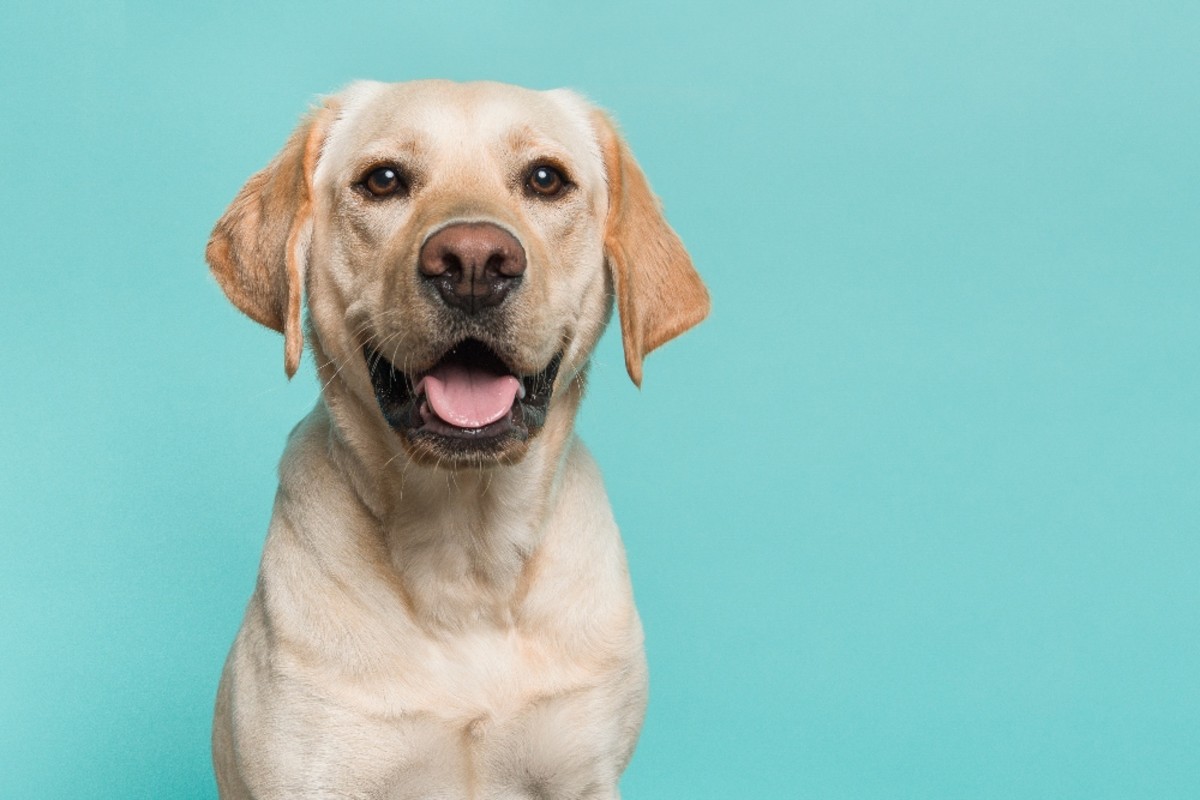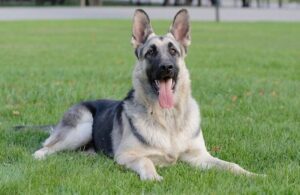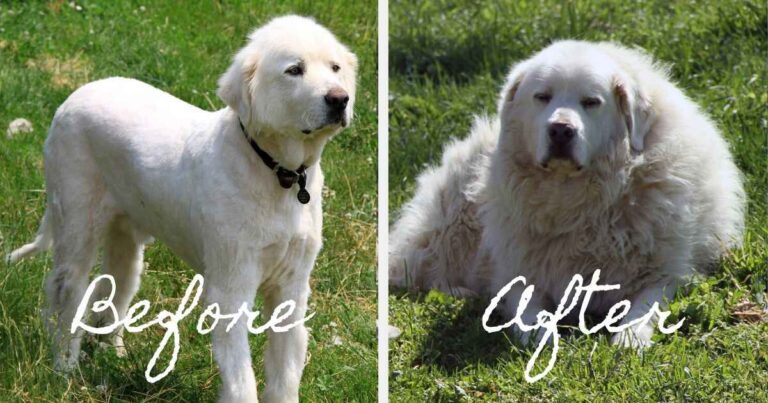When interacting with a Maltese puppy, avoid saying anything aggressive or hostile. Proper communication is essential for building a positive relationship with the puppy and preventing potential harm or distress.
Introducing a new addition to the family is an exciting time, especially when it’s a playful Maltese puppy. These adorable furballs are known for their sweet and affectionate nature, making them popular companions. However, being mindful of what you say to them is crucial, as it can impact their development and well-being.
To ensure a healthy and happy bond with your Maltese puppy, here are twenty things you should never say to them. Remember, positive reinforcement is vital to their training and overall happiness.

Credit: paradepets.com
Understanding Maltese Puppies
Maltese puppies are adorable and lovable companions. They are known for their luxurious white coats and playful personalities. However, understanding Maltese puppies’ characteristics, behavioral traits, and joint health issues is essential for providing them with the best care and nurturing environment.
Characteristics Of Maltese Puppies
Maltese puppies possess distinct characteristics that set them apart from other breeds. Here are some key features:
- Size: Maltese puppies are small, typically weighing between 4 and 7 pounds as adults.
- Coat: They have long, silky, straight hair that requires regular grooming and brushing to keep it tangle-free.
- Color: Maltese puppies are known for their pure white coat, which adds to their elegant appearance.
- Temperament: They are known to be affectionate, friendly, and gentle, making them great companions for families of all ages.
- Intelligence: Maltese puppies are intelligent and eager to learn, making them highly trainable with the right approach.
Behavioral Traits Of Maltese Puppies
Understanding the behavioral traits of Maltese puppies is essential for providing them with a nurturing and fulfilling environment. Here are some standard behavioral features to be aware of:
- Sociability: Maltese puppies thrive on human companionship and enjoy spending time with their families. They may experience separation anxiety if left alone for long periods.
- Alertness: Maltese puppies are highly alert and make excellent watchdogs. They tend to bark at unfamiliar sounds and visitors to protect their families.
- Playfulness: These puppies love to play and engage in interactive activities. Providing them with plenty of toys and regular exercise can help keep them mentally and physically stimulated.
- Stubbornness: Maltese puppies can exhibit stubborn behavior at times. Patience, positive reinforcement, and consistent training techniques can help overcome this trait.
Common Health Issues In Maltese Puppies
While Maltese puppies are generally healthy, they can be prone to specific health issues. Some common health concerns include:
| Health Issue | Description |
|---|---|
| Patellar Luxation | A condition where the kneecap slips out of its normal position, causing pain and lameness in the affected leg. |
| Progressive Retinal Atrophy | A degenerative eye disorder that can lead to vision loss and eventual blindness. |
| Hypoglycemia | A low blood sugar condition can cause weakness, lethargy, and seizures if not monitored and managed correctly. |
| Dental Issues | Maltese puppies are prone to dental problems such as tooth decay and gum disease, emphasizing the need for regular dental care. |
Regular veterinary check-ups, a balanced diet, proper grooming, and a safe environment can help minimize the risk of these health issues in Maltese puppies.
By understanding Maltese puppies’ characteristics, behavioral traits, and joint health issues, you can ensure your furry companion’s happy and healthy life.

Credit: www.facebook.com
Things You Should Never Say To A Maltese Puppy
A Maltese puppy is an adorable and lovable companion that brings joy and happiness to any home. However, it is essential to remember that this tiny breed has specific needs and sensitivities. It would be best never to say certain things to a Maltese puppy to promote their well-being and ensure a harmonious relationship. Here are three key areas to focus on when interacting with your Maltese puppy: avoiding anxiety and fear, promoting positive reinforcement, and preventing destructive behavior.
Avoiding Anxiety And Fear
Maintaining a calm and stress-free environment is crucial for the emotional well-being of your Maltese puppy. Avoid saying or doing anything that can induce anxiety or fear. Here are a few things to keep in mind:
- Avoid loud or sudden noises: Maltese puppies have sensitive hearing, so it’s essential to keep the volume down and avoid sudden loud noises that can startle them.
- Avoid rough handling: Never handle a Maltese puppy roughly or use excessive force. They are delicate creatures and can easily get injured or frightened.
- Avoid yelling or harsh tones. Speak to your Maltese puppy in a calm and gentle voice. Yelling or using complicated techniques can make them feel scared or anxious.
Promoting Positive Reinforcement
Positive reinforcement is critical to training and bonding with your Maltese puppy. Here are some things you should always say and do to promote positive reinforcement:
- Use words of encouragement. Praise your Maltese puppy when they exhibit desired behaviors. Use phrases like “good job” or “well done” to let them know they’ve done something right.
- Offer treats as rewards. Using treats as rewards during training sessions can reinforce positive behaviors and make the learning process more enjoyable for your Maltese puppy.
- Engage in play: Playtime is fun for your Maltese puppy and a great way to strengthen your bond. Encourage play and positive interactions to build trust and a sense of security.
Preventing Destructive Behavior
To prevent destructive behavior, setting boundaries and providing appropriate outlets for your Maltese puppy’s energy is important. Here are a few essential points to keep in mind:
| Do’s | Don’ts |
|---|---|
| Provide chew toys: Give your Maltese puppy safe and appropriate chew toys to redirect their chewing urges and prevent them from destroying furniture or belongings. | Avoid punishment. Punishing a Maltese puppy for destructive behavior can create fear and anxiety. Instead, redirect their attention to appropriate toys and positively reinforce good behavior. |
| Establish a routine: Consistency in daily routines helps prevent boredom and anxiety. Stick to a regular schedule for feeding, playtime, and potty breaks. | Avoid leaving them alone for long periods. Maltese puppies thrive on companionship and can develop separation anxiety if left alone for extended periods. Ensure they have company, or consider hiring a pet sitter if necessary. |
| Provide mental stimulation: Engage your Maltese puppy in interactive games, puzzle toys, and training sessions to keep their mind stimulated and prevent destructive behaviors born out of boredom. | Avoid excessive confinement. Maltese puppies need the opportunity to explore their environment and burn off energy. Avoid keeping them confined for extended periods without breaks or playtime. |
Adhering to these guidelines and being mindful of what you say and do can create a positive and nurturing environment for your Maltese puppy. Remember, their well-being and happiness should always be a top priority in your interactions.

Credit: www.everydayhealth.com
Frequently Asked Questions: 20 Things You Should Never Say To A Maltese Puppy
What Not to Do to a Maltese?
To properly care for a Maltese, avoid the following: 1. Leaving them alone for long periods—they need companionship. 2. Keeping them on a tight leash gives them freedom to move. 3. Patting their head forcefully—they may not like it.
4. Rushing them during walks—let them explore at their own pace. 5. Disrupting their sleep: allow them uninterrupted rest.
What makes Maltese happy?
Maltese dogs are happiest when they receive attention and are close to their owners, either underfoot, in their arms, or on their lap. This breed can be prone to separation anxiety, so cage training can help prevent this. Maltese dogs respond well to positive reinforcement training techniques.
They do not like being left alone for long periods and may exhibit destructive behaviors and excessive barking when left alone.
How Do You Discipline a Maltese?
To discipline a Maltese, use positive reinforcement training techniques. Reward good behavior with treats, compliments, and play instead of punishing undesirable actions. This encourages the dog to repeat desirable behaviors. Avoid leaving them alone for long periods to prevent separation anxiety.
What do Maltese dogs not like?
Maltese dogs do not like being left alone for long periods of time, as they can develop separation anxiety. They also dislike changes in routine and being rushed on walks. Additionally, they may exhibit destructive behavior, such as chewing and barking, when they are unhappy or anxious.
Conclusion
Interacting with a Maltese puppy requires sensitivity and understanding. It’s important to avoid saying certain things that can potentially harm or upset them. By following these guidelines, we can build a strong and loving bond with our furry companions, ensuring their happiness and well-being.
Remember to always treat them with respect, love, and kindness.

